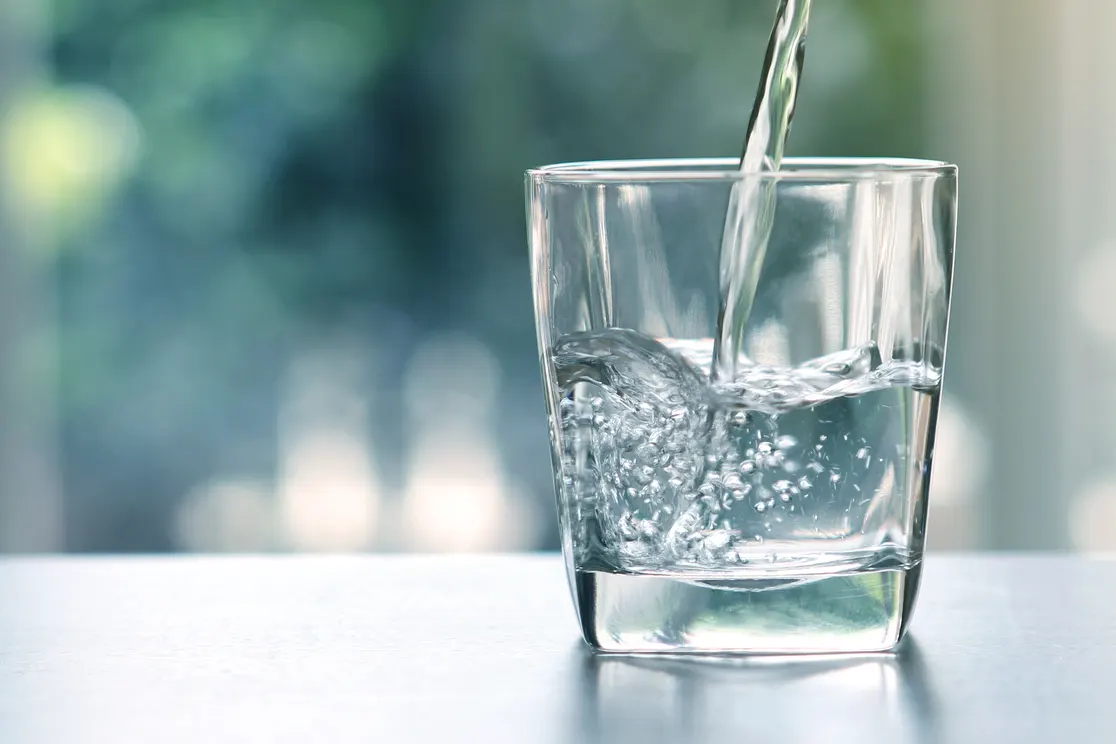How much water should you drink each day? The answer is 1-2 liters for the average adult. If you aren’t familiar with metric measurements, substitute quarts for liters and you’ll come close to the same amount.IMG_0980
The human body is well equipped to regulate its fluid balance. Many systems contribute to this balance. In healthy adults and children the urinary system does the majority of the work by preserving fluid or producing urine based on fluid intake.
Many of us were raised with the idea that we should “drink 8 glasses of water per day”. This may be a good amount for large, very active adults. But age, gender, body size, body mass and energy expenditure vary. So fluid intake will vary. Most of us do just fine with 4-5 glasses of any type of liquid daily. The food we eat provides additional fluid.
If you or a loved one suffers from heart or kidney disease, your doctor will give you specific instructions about how much water to drink each day. You may be advised to limit fluids and sodium in your diet.
Be aware of symptoms of dehydration in yourself and others. Young children and the elderly are at higher risk for complications when mild dehydration becomes severe dehydration.
The Mayo Clinic lists the following symptoms of mild dehydration:
- Dry, sticky mouth
- Sleepiness or tiredness — children are likely to be less active than usual
- Thirst
- Decreased urine output — no wet diapers for three hours for infants and eight hours or more without urination for older children and teens
- Few or no tears when crying
- Dry skin
- Headache
- Constipation
- Dizziness or lightheadedness
If you do become mildly dehydrated (which can happen easier now that summer is fully upon us) it is simple to remedy: Drink something. Water is the best option, but your body can use any liquid to re-establish fluid balance. What’s your favorite summertime drink?


